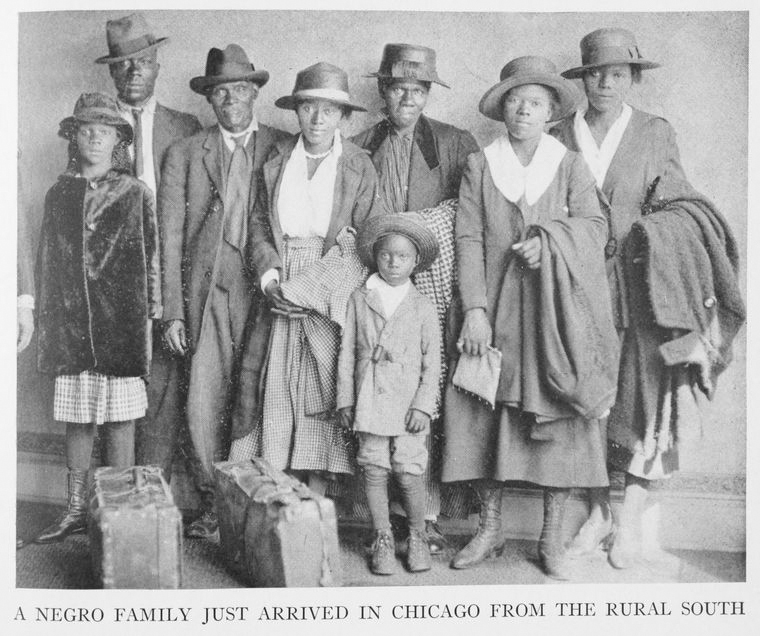Wikihow proposes 3 Ways to Urinate When On An Automobile Trip. I'm guessing the author(s) giggled while writing this primer because it is so straight-facedly basic. And also, the sample woman always seems to drink out of a plastic bottle immediately after peeing. Which, if I were a preteen (not now, of course, because I am an adult), I would, of course, wonder what exactly was in the bottle? Really?
The assurance that all of the information in the instructional was fact-checked makes it all the more amusing.
Ah, you're wondering why I'm talking about pee when the title is about Goodwill. Well, read on.
Monday, April 7, 2014
Louisiana: Broussard's Happenin' Goodwill
 |
| Borjomi, Caucasus Georgia - Mineral Spring Park - Wilderpee calling. April 2012. Credit: Mzuriana. |
The need to empty one's bladder can lead to unexpected encounters.
Sometimes it's a dead animal.
 |
| If I didn't already have to go, this disintegrating dog would have scared the pee out of me! Credit: Mzuriana. |
Or a descanso.
 |
| An altar on the other side of a wilderpee, Carson National Forest, New Mexico. November 2008. Credit: Mzuriana. |
Yesterday, on my way to the Dragon Races in New Iberia, on Highway 182 in Broussard, I noted that I had to go to the bathroom. Hmm, wait til I get to New Iberia - find a McDonald's - or ..... oh, look there's a Goodwill Store, and I need a skillet.
I pulled into the parking spot in front of the entrance and saw a woman taking a photo of a man there. Then a photo of the man and a woman. Then I think the 2nd woman clicked a photo of the man with the 1st woman and the man. Cognitive dissonance. Taking pics in front of a Goodwill? Why? New marketing campaign? Some famous person who shops at Goodwill? Both seemed unlikely.
Walked into the store and asked a man within, "Who is that guy?" - referring to the subject of the 1st woman's photos. He said: "Oh, that's a guy on .... what's that pawn show?"
I suggested, "Swamp Pawn?"
"No, that other one ...."
I suggested, "Oh! Pawn Stars?"
"No .... "
And a woman shopper offered, helpfully, "Cajun Swamp Pawn."
"Yeah, that's the one," the man said. "He's the guy who comes in with crazy stuff to sell. He's the one who makes that show fun."
This man with the answers is no slouch himself - he's a five-time winner of a local pepper-eating contest. He also plays fiddle at a weekend jam in Breaux Bridge.
I love my job as a tourist-in-residence.
I even found a skillet, and used the restroom, of course.

